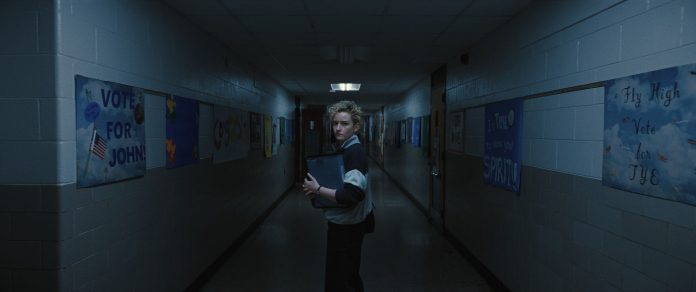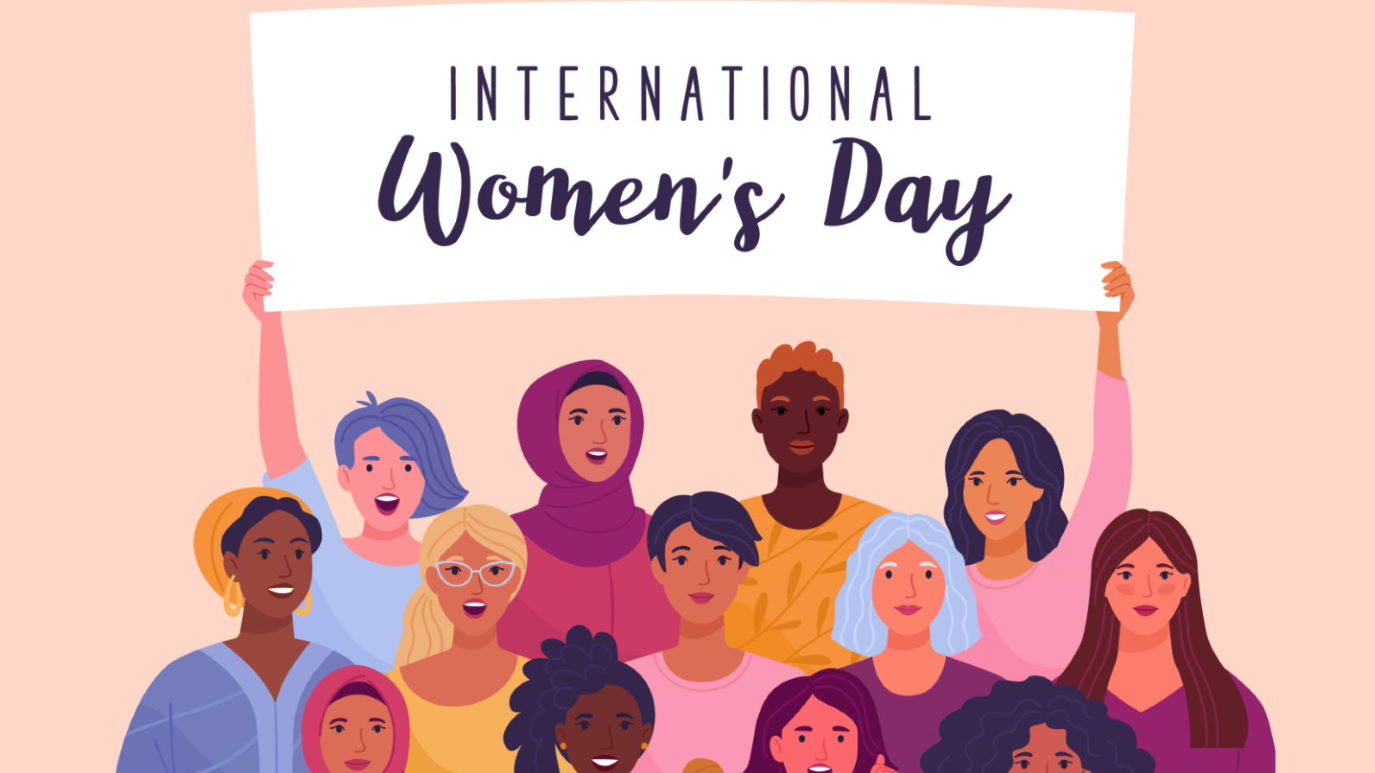For a story about 17 kids who disappear from their homes in the middle of the night, it feels silly to ask is this real? Well it would, if not for the opening lines of Weapons, “this is a true story.” That narration comes from the voice of a little girl and gives urban legend. It’s a clever trick by writer-director Zach Cregger, who knows exactly what those words do to an audience.
But even with that, Weapons is not a documentary. Warning: Spoilers ahead!
With a nearly perfect Rotten Tomato score, Weapons follows a small town’s unraveling after 17 children vanish in the middle of the night. The film’s structure borrows from the “multi-perspective” tradition, hopping between the viewpoints of a guilt-ridden teacher (Julia Garner), a grieving father (Josh Brolin), a conflicted small-town cop, and the lone child who stayed behind.
Though it feels like a ripped-from-the-headlines drama, there is no sleepy Pennsylvania town called Maybrook, no real-life witch named Gladys who lured children into her basement, no 2:17 a.m. mass exodus of elementary schoolers into the night.
Still, while the events are made up, the emotional backbone is real. Cregger has said that the initial spark for Weapons came after the sudden death of his friend and Whitest Kids U’ Know collaborator Trevor Moore in 2021. Grief and the strange, suspended reality it creates is a driving force in the story. The missing children, the fractured families, the town slowly turning on itself is all filtered through that lens of personal loss.
So no, Weapons is not based on a real-life case. There’s no crime to solve, no cold files to pull from. But it’s also not pure invention. It’s a work of fiction anchored by very real feelings of grief, paranoia, and the fear that the people you love can vanish in an instant. That might be why the “true story” line sticks. It’s not true in the journalistic sense, but it’s true in the way a ghost story can be—emotionally real and spiritually credible.
That said, Weapons also works as a shadow commentary on America’s ongoing gun violence epidemic, particularly the impact of school shootings on communities. At least that’s what an English teacher would glean.
There is familiarity in the imagery of empty desks, grieving parents, and teachers grappling with guilt. In Weapons, the children aren’t victims of bullets but of an otherworldly predator. Yet the emotional landscape– the collective trauma, the search for someone to blame, the helplessness in the face of an unthinkable event—mirrors the reality many communities face after mass violence.
Cregger never names this parallel outright, but it’s there in the DNA of the movie. The different perspectives—teacher, parent, police—map neatly onto the roles we see dissected in media coverage after school shootings. By framing the horror as supernatural, Weapons creates enough distance for the audience to engage without shutting down, while still confronting the same core fears. Slay, Zach.







